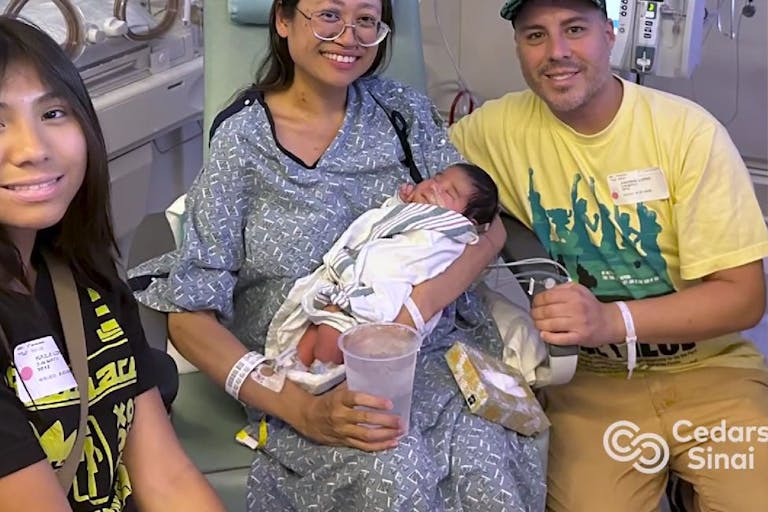
Full term 'miracle' baby born after 'unprecedented' ectopic pregnancy
Bridget Sielicki
·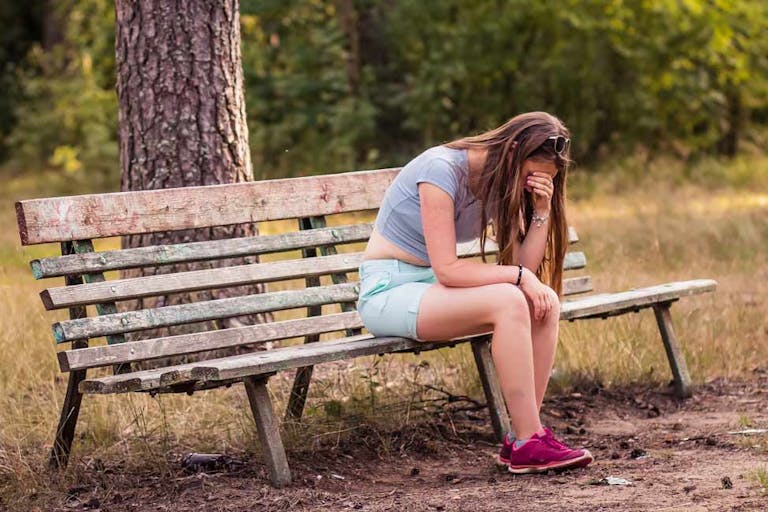
‘I slept with my half-sibling’: Disturbing consequences of an unregulated fertility industry
A Connecticut woman and her mother are suing a New Haven fertility doctor for allegedly using his own sperm to inseminate the woman’s mother instead of the sperm of a medical student as he had claimed.
Janine Pierson told WTNH that she grew up as an only child and knew her parents had gone to a fertility doctor, but believed that her father’s sperm was used. After her father died, she became curious about his heritage and took a 23andme DNA test in 2022 to learn more.
“I clicked on the relatives tab, and 19 half-siblings popped up,” she said. “To think 10 to 15 years down the road from now, how many of us will there be?”
Since her initial discovery, there are now 22 half-siblings who have been located. Her oldest sibling is 50 and her youngest is 35. One half-sister told her that she had learned that her half-siblings’ mothers had all gone to the same fertility clinic in New Haven and each saw Dr. Burton Caldwell.
When Pierson told her mother, she said it “was the hardest conversation of my entire life.” She added, “To go to her doctor and have this kind of vulnerable, intimate procedure happen and leave not knowing what actually happened to her body, my mother never consented to having her doctor’s child.”
Looking for answers, Pierson said she went to Caldwell’s home where he admitted to using his own sperm. “He also asked me how many grandchildren he had and how many grades were in school and where I went to college,” she said.
Angela Mattie, a professor at Quinnipiac University, called this case and those like it, “egregious” and “unethical.” But, she said, there are no laws against it. She noted that this could lead to “siblings marrying siblings, siblings having children.” The fertility industry lacks regulations and there are often no limits to how often a man can sell his sperm.
READ: Buying a baby: The harmful objectification inherent in surrogacy and IVF
Pierson has, in fact, learned two of her half-siblings unknowingly dated each other in the past and were intimate. “My siblings had absolutely no idea,” she said. “They weren’t consenting to a relationship with their sibling.”
That sibling, Victoria Hill, has also spoken out. She told CNN that she took a 23andme test a few years ago and learned about her double-digit half-siblings. After learning that her biological father was her mother’s fertility doctor — Caldwell — she learned that her high school boyfriend, one she says she could have married, was her brother.
In May of 2023, she was having dinner with high school friends, including her ex-boyfriend. She told them what she had discovered about her biological father and her former boyfriend said that his parents had used a fertility clinic as well. A couple of months later, he sent her a screenshot of his own 23andme results and said, “You are my sister.”
Article continues below
Dear Reader,
Have you ever wanted to share the miracle of human development with little ones? Live Action is proud to present the "Baby Olivia" board book, which presents the content of Live Action's "Baby Olivia" fetal development video in a fun, new format. It's perfect for helping little minds understand the complex and beautiful process of human development in the womb.
Receive our brand new Baby Olivia board book when you give a one-time gift of $30 or more (or begin a new monthly gift of $15 or more).
“I was traumatized by this,” she said. “Now I’m looking at pictures of people thinking, well, if he could be my sibling, anybody could be my sibling.” In fact, he wasn’t the only person she knew who turned out to be a sibling. “I have slept with my half-sibling,” she said. “I went to elementary school with another.”
Jody Madeira, a law professor at Indiana University and an expert on fertility fraud said, “This was the first time where we’ve had a confirmed case of someone actually dating someone, being intimate with someone who was their half-sibling.”
But having just one confirmed case doesn’t mean that no others exist.
More than 30 fertility doctors around the nation have been caught or accused of using their own sperm to impregnate patients, according to CNN. But there could be many more. The most well-known is that of Dr. Donald Cline, who fathered at least 90 children through fertility fraud in Indiana and was featured in a Netflix documentary. He never faced any prosecution but was convicted of obstruction of justice after lying to investigators at the state attorney general’s office.
But it isn’t just fraud that is a problem in the fertility industry.
Jamie LeRose, a 23-year-old woman from New Jersey, told CNN, “I don’t date people my age. I can’t do it.” LeRose learned she has at least 150 siblings from a regular sperm donor. “I look at people my age and I’m automatically unattracted to them because I just, I go, that could be my sibling.”
Still, Sean Tipton, chief advocacy and policy officer for the American Society for Reproductive Medicine, argues that there shouldn’t be regulations placed just on sperm donation or the fertility industry.
“What we have not done very much in this country is pass regulations about who gets to have children,” he said. “If you’re going to say you should only be able to have 50 children, that’s fine. But that should apply to everybody. It shouldn’t apply just to sperm donors.”
The difference, however, is that multiple children born to the same mother and father know both of their parents and have at least the potential for a stable family life in the same home. By design, children born from sperm (or egg) donors do not.
Live Action News is pro-life news and commentary from a pro-life perspective.
Contact editor@liveaction.org for questions, corrections, or if you are seeking permission to reprint any Live Action News content.
Guest Articles: To submit a guest article to Live Action News, email editor@liveaction.org with an attached Word document of 800-1000 words. Please also attach any photos relevant to your submission if applicable. If your submission is accepted for publication, you will be notified within three weeks. Guest articles are not compensated (see our Open License Agreement). Thank you for your interest in Live Action News!

Bridget Sielicki
·
Issues
Nancy Flanders
·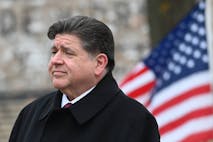
Politics
Bridget Sielicki
·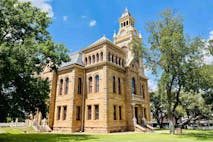
Issues
Sheena Rodriguez
·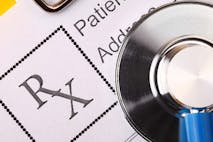
Guest Column
Right to Life UK
·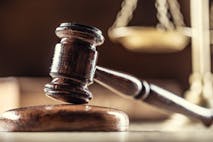
Issues
Bridget Sielicki
·
Issues
Nancy Flanders
·
Human Interest
Nancy Flanders
·
Investigative
Nancy Flanders
·
Pop Culture
Nancy Flanders
·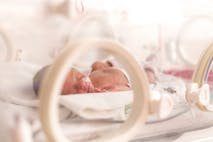
Human Interest
Nancy Flanders
·